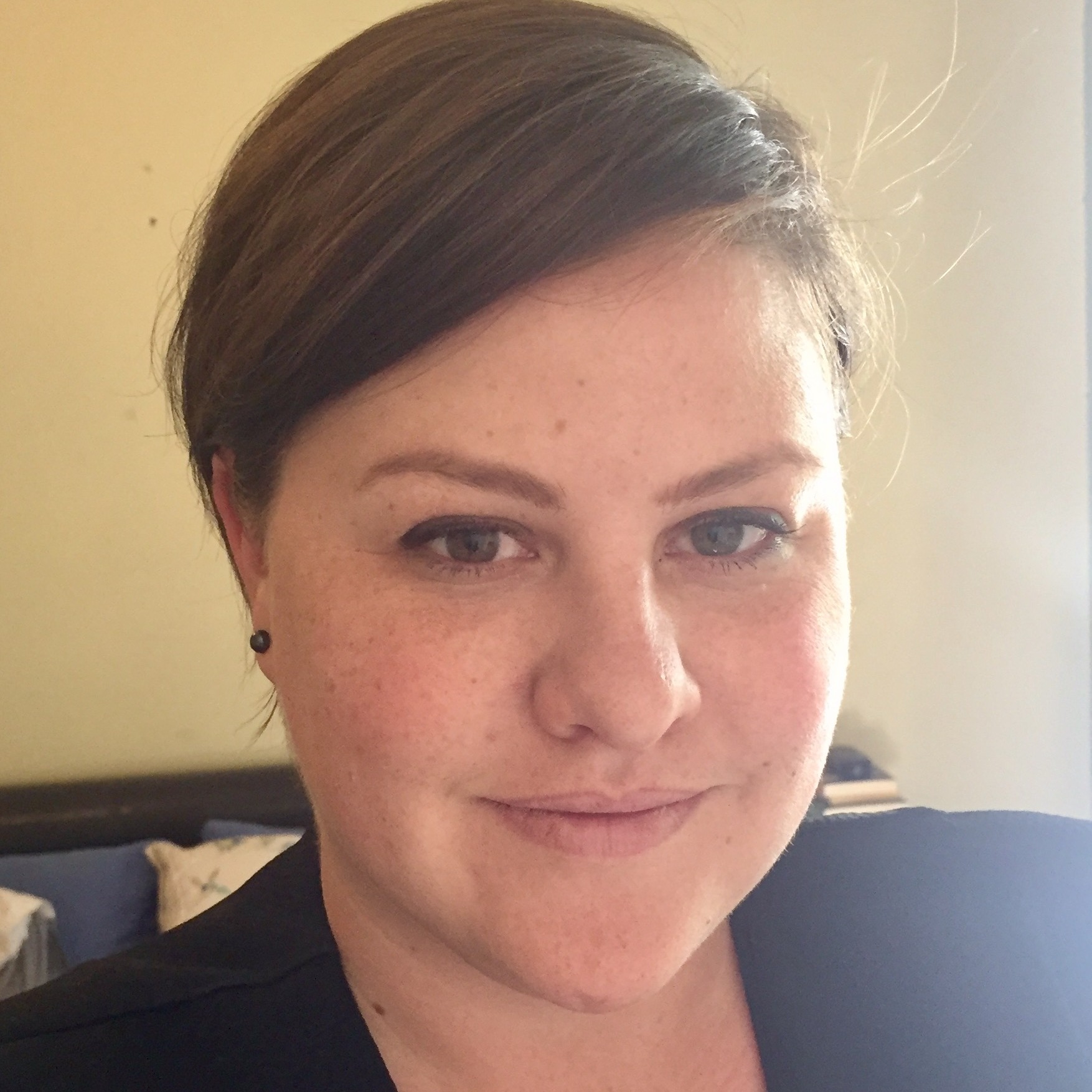Forget chasing the points or beefing up your CV. Lifelong learning is now a requirement for executives and thinking professionals marching confidently into the Fourth Industrial Revolution. Executives revealed to Kate Ferreira.
It can be lonely and exposed at the top. The C-suite can – and should – band together to keep the company on track, but in an increasingly volatile world, they will also have to take on new skills and capabilities. Thankfully, most finance professionals have heard the call, and are incorporating continuous and broad learning and personal development into their lives – new skills, new requirements, new characteristics.
At the South African Institute of Chartered Accountants (SAICA), they are wholly committed to this idea. SAICA senior executive for professional development Mandi Olivier explains: “Alvin Toffler said in his book ‘Future Shock’, written in 1972: ‘The illiterate of the 21st century will not be those who cannot read and write, but those who cannot learn, unlearn and relearn.’
“This insightful comment from over 40 years ago is spot on for where the accounting profession finds itself today – in a world which is volatile, uncertain, complex, and ambiguous, or ‘VUCA’ – a term coined by the US Navy.”
Additionally, with our continued focus on the Fourth Industrial Revolution, Mandi argues, “accountants almost certainly start to feel like dinosaurs” if they have not committed to “undertaking relevant lifelong learning applicable to their specific role”.
They know that the profession as it is today is facing a significant challenge, and accountants are “in dire need of reskilling themselves for current and future roles”. Mandi says there is also the need to prepare “prospective accountants for jobs that don’t yet exist.”
With this in mind, SAICA, she tells us, has recently completed a significant research project (called the CA2025 project), under the leadership of Professor Karin Barac from the University of Pretoria. Through this they took the opportunity to reconsidered the competencies (including knowledge, skills, attitudes and behaviours) for entry-level chartered accountants.
Accountants of the future will need critical thinking skills and the ability to collaborate and communicate. They will need to be comfortable with new technology that takes on some of their work more efficiently and more accurately. It led to the development of a new framework which “embraces the following [five] key changes” for accountants:
- Understanding and integrating digital disruption
- Focusing on creating sustainable value for organisations
- Creating a deeper understanding and renewed focus and interrogation of ethics and citizenship
- Becoming integrated thinkers
- Balancing learning and development of technical and non-technical competencies (enabling competencies and professional values and skills)
“These changes are equally, if not more, applicable to chartered accountants who have already qualified,” she says.
Another change that this has driven is that SAICA has transformed its CPD policy from an hours-based approach to an output-based one “where members are required to become ‘professionally competent’ for their specific role”.
“Change is at its greatest right now and we need to be part of this ongoing evolution that is taking place,” she adds. Organisations and employers must support their accountants in making the necessary shifts. “This is truly an exciting time and a great opportunity for the accounting profession if this is properly embraced and acted on.”








